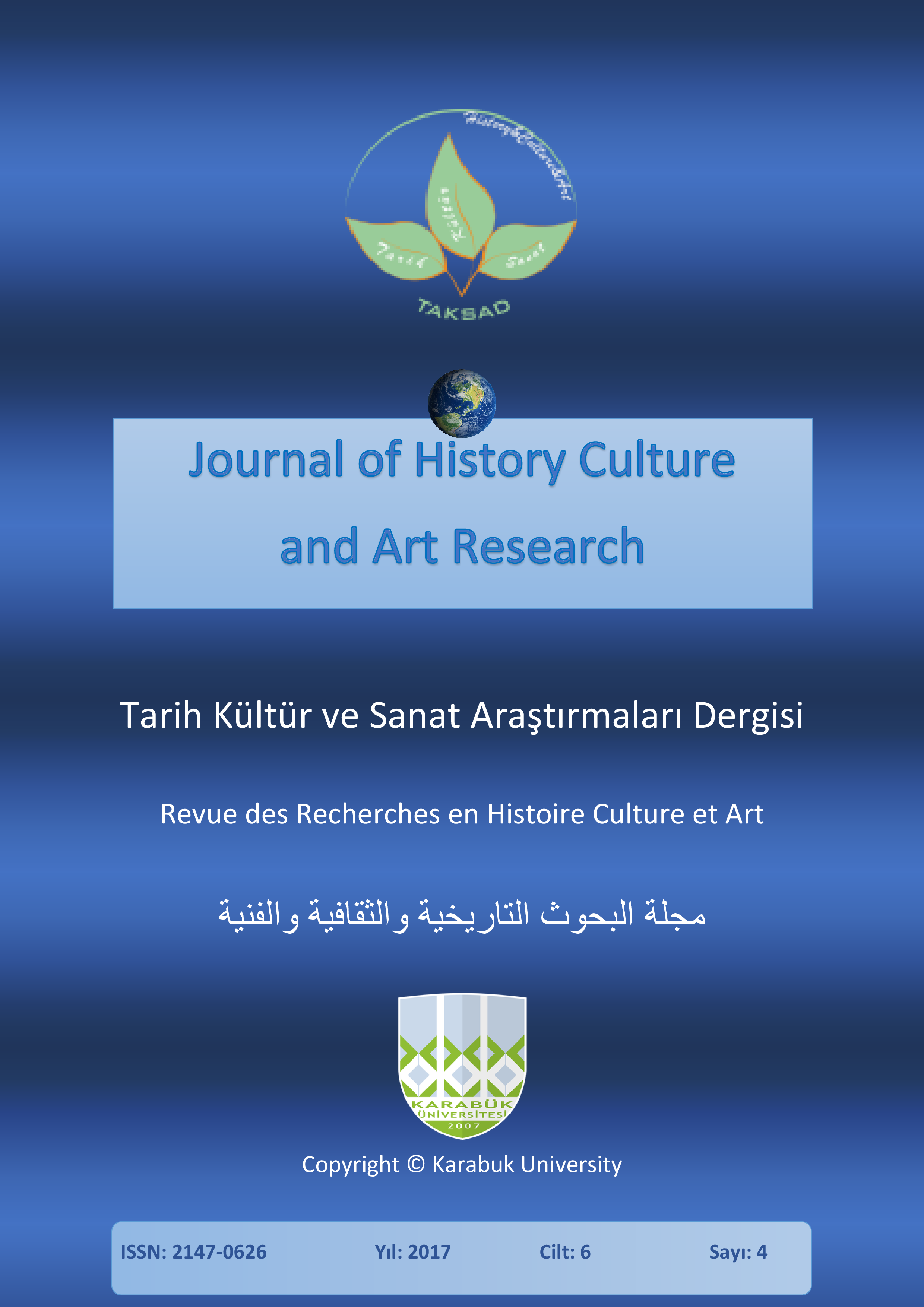Victor Pelevin's Novel about Vampires as the form of Reflection on Postmodernism
DOI:
https://doi.org/10.7596/taksad.v6i4.1112Keywords:
Post-postmodernism, Victor Pelevin, Reflection, Mass culture, Novel, Vampires, Post-modern technology.Abstract
The current stage of culture development is usually defined as post-postmodern. Although this term is not well established and is interpreted differently, in any case it involves the overcoming of postmodernism. In Russian literature we should mention Victor Pelevin among the authors, whose works demonstrate the post-postmodernist tendencies most clearly. The evolution of his prose testifies that the postmodern worldview and the very mechanism of postmodern writing has become the subject of critical reflection in the late works of the writer. The novel by V. Pelevin "Empire V" (2006) is the material of the analysis in the article. The aim of the study is to reveal the nature and the forms of postmodernism reflection manifested in this work. During the analysis the authors established that Pelevin plays with a popular genre of mass culture - a novel about vampires, using it as a kind of metaphorical way to clarify the nature of postmodern literature, which appropriates, absorbs and exploits the forms, ideas and motives earlier developed in culture. Postmodernists, like vampires, borrow information from different sources and use "someone else's blood" for their own purposes. Combining the "languages" of mass and elite cultures, activating the intertextual links, Pelevin eventually pursues antipostomodernist goals: he reveals the totality of the simulativity, proves that mass culture is ready to absorb postmodernism, and turn it into an empty signifier. This can be defined as a kind of cultural reflection, as a form of the self-reflection and writer’s cognition on the state of modern culture.
References
Blinova, E. & Vasilieva-Shalneva, T. (2015). The specifics of the education novel genre in V. Pelevin's works written in 90-s of the twentieth century ("Omon Ra", "Life of Insects", "Generation 'P'''). Journal of Language and Literature, 6(3), 144-146.
Bogdanova, O.; Kibalnik, S. & Safronova, L. (2008). Literary strategies by Victor Pelevin. St. Petersburg: Petropolis.
Epstein, M. (2005). Postmodern in Russian literature: Textbook for universities. M.: Higher Education.
Epstein, M. (1995). After the Future: The Paradoxes of Postmodernism and Contemporary Russian Culture. Amherst: The University of Massachusetts Press.
Genis, A. (1999). Ivan Petrovich died: Articles and investigations. M.: New literary review.
Kostyrko, S. (1992). Pure field of literature. New World, 12, 250-260.
Krylov, V. N. (2014). History of Russian Silver Age literature-centrism crisis. Life Science Journal, 11(10), 399-401.
Lipovetsky, M. (1999). Russian Postmodernist Fiction: Dialog With Chaos, ed. by Eliot Borenstein. New Jersey: Sharpe.
Mankovskaya, N. (1999). From modernism to post-postmodernism via postmodernism. Collage-2. Moscow: IF RAS, 18-26.
Muraviev, V. S. (1990) Foreword. Erofeev Venedikt. Moscow: Prometheus, 5-14.
Pelevin, V. O. (2009). Empire 'V'. M.: Eksmo.
Shamina, V. (2016). Mystic Motifs in Silver Age Poetry and Prose. Ghosts - or the (Nearly) Invisible. Spectral Phenomena in Literature and Media, pp. 161-169. C.: Peter Lang Edition.
Downloads
Published
How to Cite
Issue
Section
License
All papers licensed under Creative Commons 4.0 CC-BY.- Share — copy and redistribute the material in any medium or format
- Adapt — remix, transform, and build upon the material for any purpose, even commercially.
Under the following terms:
Attribution — You must give appropriate credit, provide a link to the license, and indicate if changes were made. You may do so in any reasonable manner, but not in any way that suggests the licensor endorses you or your use.
- No additional restrictions — You may not apply legal terms or technological measures that legally restrict others from doing anything the license permits.







